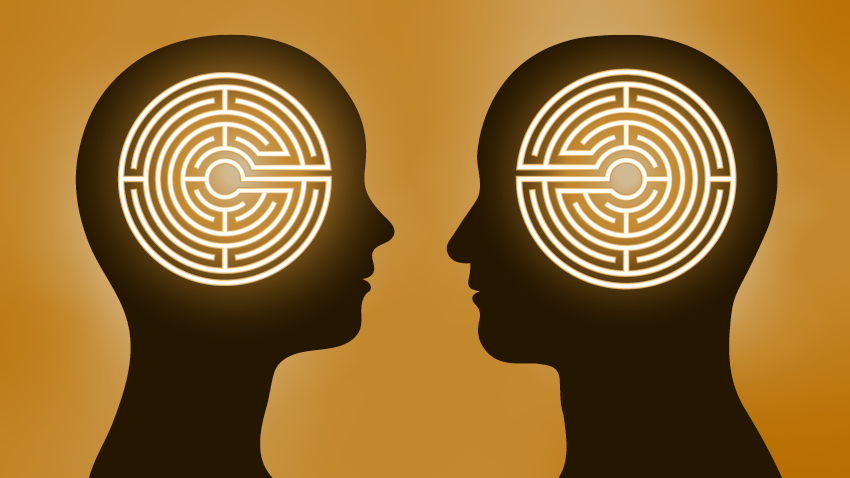The issue of Trump’s illness—regardless if it’s true or what the outcome is—brings up core moral and justice issues. Occasions like this have a meta feature, they speak to dynamics and mythologies larger than the issue of Donald alone (thank goodliness). This is a great time to learn some uncomfortable truths—as BLM has pushed us to—about compassion, privilege, revenge, and justice. I explored many of these topics yesterday in my blog about paradoxical, or non-linear, compassion and dive in further here.
I invite us to look on the occasion of our president’s falling ill as an opportunity to sort through our beliefs and morals and see where we stand on core values, because these values also affect how we operate in other domains of life. I’ve been having fascinating conversations with others and learning a lot. I want to share a couple myths and some other POV that I have encountered, which all seem poignant. They are:
1) Many assume that hate and feelings of revenge have no value and are necessarily toxic. I disagree, and so do some others, even science. I do, however, think we have to be mindful and discerning for how far we take such instincts and knee jerks, as well as when and how we do, but they can be adaptive, like all difficult emotional states, when we work with and amalgamate them to a broader perspective under an umbrella of global care.
2) We can feel hatred and not “corrupt” or injure ourselves; in fact, we might even benefit our condition by feeling and expressing it, verbally anyway. The notion that all hate has to be toxic and bad for us is nonsense and often a carry-over from New Age beliefs. How we work with these states is key. Each instance of hate and revenge is unique, and if feeling hatred and ill-wishing to advocate for the greater good are harmful to us, maybe we need to be less selfish and take a hit for the team, like all activists who sacrifice comfort do.
3) Compassion is not always convenient, cozy, or easy. Moral dynamics are often untidy and not neatly divided into 100% right and wrong, all or nothing. Sometimes we have to exact violence (example: jailing, fining, restricting), carefully contemplated, and not knee-jerked except in self-defense, to effect less suffering for more people. Needing compassion to feel comfortable can be violence in disguise, ironically enough.
4) When compassion and justice are invoked with regard to a global issue, many spiritual bypassing beliefs come out of the closet for closer examination and reckoning. For example, noting that compassion isn’t always a light and love experience can help us get closer to a grittier, arguably truer and saner, compassion.
5) It indeed may be a privilege to profess and abide unconditional, feel-good compassion for true evil-doers when we are not as directly affected as their victims, such BIPOC, immigrants, and Covid victims.
6) When we have no remedy for the violence our president inflicts because he positions himself above the law and beyond blame, this leads to anger, outrage, and feelings of vengeance and malice. This is normal, natural, and even a healthy response. We have to process and dissipate these energies, and a let them guide us when carefully considered. Expressing hate and malice benefits us. Acting out revenge is a trickier matter and one I won’t address because it requires deep and unique consideration for each instance.
6) When we have no remedy for the violence our president inflicts because he positions himself above the law and beyond blame, this leads to anger, outrage, and feelings of vengeance and malice. This is normal, natural, and even a healthy response. We have to process and dissipate these energies, and a let them guide us when carefully considered. Expressing hate and malice benefits us. Acting out revenge is a trickier matter and one I won’t address because it requires deep and unique consideration for each instance.
Here is an article on revenge and feelings of vengeance, and just below is some insightful writing on these topics by Jessica Moore in response to yesterday’s blog.
~* *~
~* *~
By Jessica Moore:
I appreciate this perspective so much. It’s the same premise behind the application of violence for self-defense: when a person’s unacceptable (to life) actions can’t be stopped any other way, then wishing harm on that person becomes necessary in order to stop them.
If we didn’t wish harm on an attacker, we would be unable (and unwilling) to effectively defend ourselves. That’s precisely why so many people find themselves unable to fight back when being assaulted or raped. Something inside of them just can’t bring themselves to harm the attacker. And is that part of them really compassionate? Maybe toward the attacker, but certainly not for themselves. In those instances, compassion for the self demands harm for the attacker.
I am a big advocate for turning the enemy into an ally, through love and empathy. That’s transformation through love, and it is definitely needed more in the world. But there are many instances when transformation through love isn’t what’s called for – when because of the situation, it simply won’t work.
Trying to empathize with a predator who is in the process of attacking you is not going to work to stop the attack. Only when your safety is ensured first can you then attempt it, without betraying yourself. Ensuring your safety first, through violence if necessary, is what is needed to have love and compassion for oneself. And abandoning that makes having love for the other a farce. It will fail to lead to transformation through love, because when we fail to love ourselves, our love for the other now becomes toxic for us – and gets used against us. (This is also what happens every time a victim chooses to stay with their abuser out of love, or every time a runaway healer martyrs themselves in the process of trying to help others.)
It’s the same when witnessing the abuse of others. As long as the abuse is still happening, having compassion for the abuser and choosing not to harm them means harming those who are being abused. There is no staying neutral and having compassion for both sides. Staying neutral in the face of injustice means supporting that injustice. Period.
It’s because the power dynamics aren’t equal. Someone being abused, in that moment, doesn’t have the same level of power in the situation as the abuser. Abuse is in itself a abuse of power. So it isn’t the same as meditating a fight between two people who are on the same level playing field. Staying neutral in the face of abuse or injustice isn’t mediation – because the playing field isn’t equal.
The President of the United States quite literally holds more power than any other person on the planet. So if he is also abusing others and committing injustice, we can’t stay neutral and also oppose that injustice. Thinking that we can is pure fantasy.


